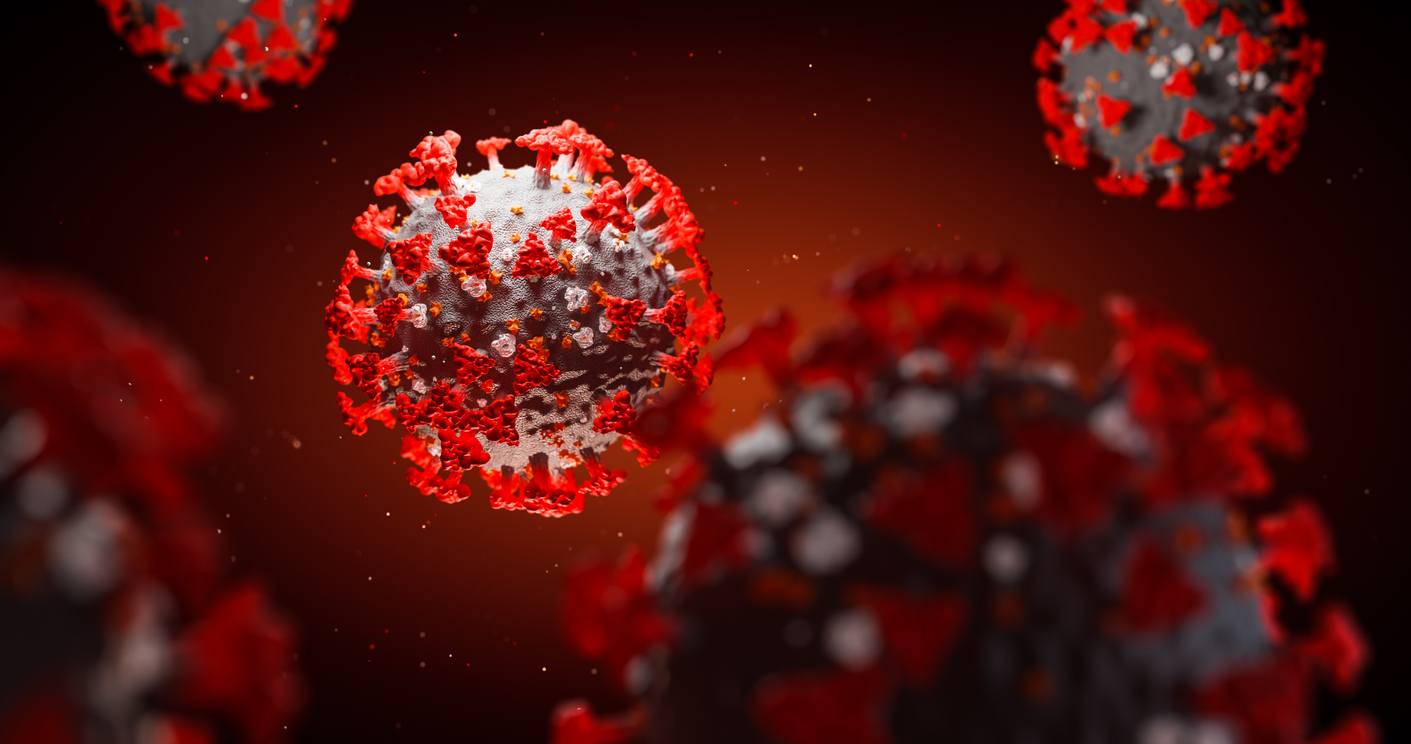As a provider of essential services for our patients, Summit Spine & Joint Centers remains open during the coronavirus (COVID-19) epidemic. Our staff’s top priority remains the health and safety of both our patients and our employees.
Our team members are actively monitoring the virus and we’re following current Centers for Disease Control and Prevention (CDC) guidelines for preventing both exposure to and the spread of the virus. Here’s what you need to know about the coronavirus and precautions to stay safe!
How Does the Coronavirus Spread?
The virus spreads primarily from close contact with people (within six feet). When someone who has the virus coughs or sneezes, droplets can either be inhaled or land in the mouth or the nose of a person nearby.
What Are the Symptoms?
People who have the coronavirus disease typically experience symptoms within 2-14 days of exposure and may experience mild to severe symptoms including:
- Cough
- Fever
- Shortness of breath
- Trouble breathing
- Chest pain
- Confusion
Don’t hesitate to seek emergency medical care if you are experiencing chest pain, trouble breathing, unexplained confusion or other emergency symptoms.
Is There a Cure or a Vaccine?
Unfortunately, there’s currently no cure or vaccine to prevent the disease. Prevention is the best way to control the spread of the illness and maintain the health and safety of you and your family. You can help prevent the illness by avoiding exposure to it.
What Can I Do to Protect Myself?
Following CDC guidelines can help protect you and your family from the virus. These guidelines include:
- Social distancing. If you need to go out in public, maintain a distance of more than six feet between you and other people. If you know people who are sick, avoid close contact with them.
- Wash your hands. If you’ve been out in public, have just coughed or sneezed, or need to touch your face for any reason, wash your hands with soap and water for at least 20 seconds. If you can’t do this, use a 60% alcohol-based hand sanitizer. Be sure to cover every surface of your hands and rub them together until they are dry.
- Don’t touch your face. Unless you’ve just washed your hands, avoid touching your eyes, nose or mouth. Many people touch their faces far more often than they realize!
You can also protect others by:
- Staying home. If you’re sick, stay home, with the exception of getting medical care. If anyone in your home has tested positive for the coronavirus, everyone in your household should stay home and not go to work or school.
- Containing coughs and sneezes. If you need to cough or sneeze, use a tissue and then discard immediately. If there is no tissue available, use the inside of your elbow. Always wash your hands immediately after coughing or sneezing for a minimum of 20 seconds. If you don’t immediately have access to soap and water, use a 60% (or higher) alcohol hand sanitizer.
- Wearing a mask if you’re sick. A facemask can help prevent droplets from being spread to other people. You should wear one when around other people or out in public. If you cannot wear a facemask, do your best to contain your coughs and sneezes with the above protocol. Unless you’re caring for someone who is sick and cannot wear a facemask, there’s no need for you to wear one.
Any surfaces in your home or workspace that are touched often should be cleaned and disinfected daily. Think about desks, doorknobs or handles, phones, keyboards, light switches, toilets and sinks. Common disinfectants to use include bleach and alcohol solutions, or other EPA-registered household disinfectants.
Are Certain People at Higher Risk?
Yes, certain people are more at risk of developing complications from COVID-19. These people include:
- Adults age 65 and older
- People living with human immunodeficiency virus (HIV)
- Women who are pregnant
- People with asthma
- People with underlying health conditions or compromised immune systems
These people are advised to take all necessary steps to protect themselves, including avoiding all unnecessary air travel, being sure they have at least a 30-day supply of all their medications and staying home as often as possible to avoid exposure to the illness.
Have Questions? Call Us Before Your Appointment
During this Covid-19 pandemic, our ambulatory surgery centers are partnering with area hospitals to help with overflow of any interventional pain management cases. Our goal is to help alleviate the patient load at our local hospitals during this public health emergency. We are happy to serve our community.
If you’re experiencing any symptoms of the coronavirus disease or have concerns about coming in for an appointment, simply give Summit Spine & Joint Centers a call at (770) 962-3642. Our staff is here to answer your questions and address your concerns during this challenging time. We look forward to continuing to make your health and safety our utmost priority!

